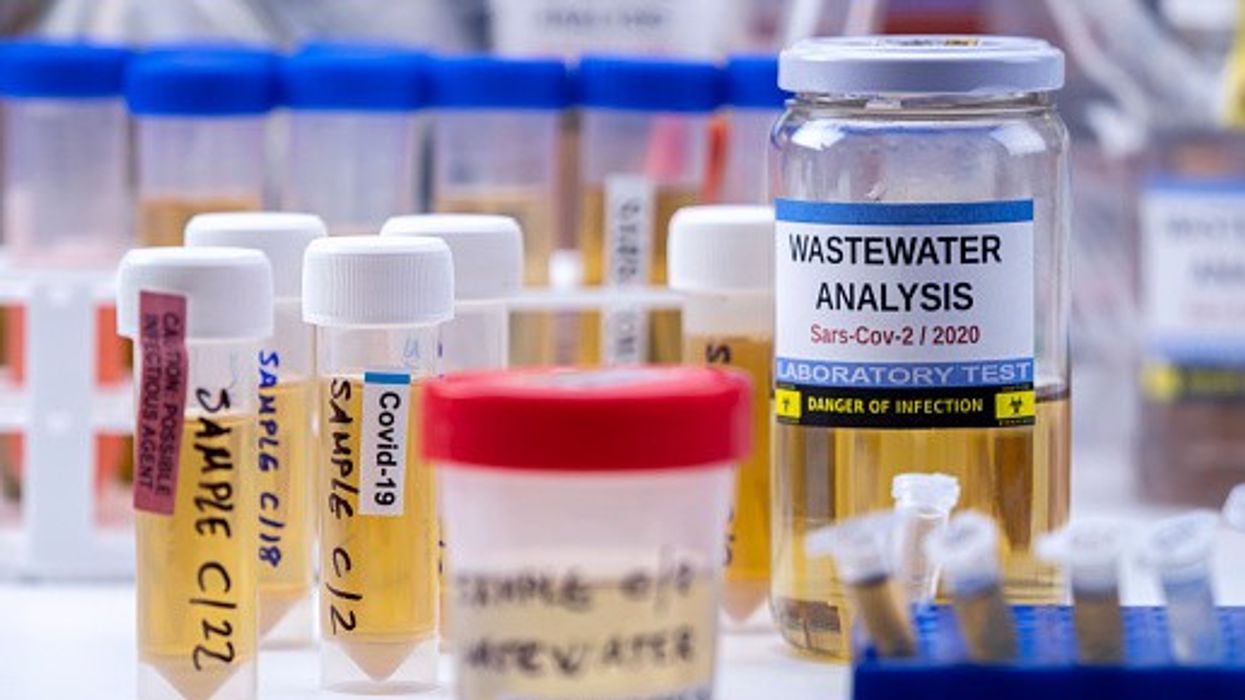Key Summary:
- UKHSA begins £1.3m wastewater monitoring programme under UKISF to detect dangerous pathogens.
- Extends existing polio surveillance; could identify Mpox, West Nile Virus, Lassa, and more.
- Aims to provide early warnings, strengthen UK biosecurity, and prevent future outbreaks.
The UK Health Security Agency (UKHSA) on Tuesday (26) launched a new programme to study the potential of wastewater monitoring to detect dangerous pathogens and prevent disease outbreaks.
The UKHSA wastewater monitoring project is part of the UKISF Biosecurity Portfolio, launched by the government earlier this year. It is an extension on the UK’s existing wastewater surveillance for polio.
The UKHSA labs will utilise the £1.3 million investment from the UK Integrated Security Fund (ISF).
They will assess the technology that is expected to improve UK’s ability to identify the presence and impact of dangerous pathogens in wastewater.
UKHSA chief data officer, Professor Steven Riley said, “Wastewater monitoring shows great promise as a cost-effective way for us to quickly detect a range of emerging pathogens, which is vital for an effective response.”
The programme could develop UK’s capability to detect fatal and unexplored diseases such as the Crimean Congo Haemorrhagic fever found in the Balkans, the Middle East and parts of Asia.
“This new cutting-edge wastewater monitoring project has the potential to be a valuable tool in our armoury - helping us prepare for and rapidly detect future outbreaks as we learn lessons from the pandemic,” said Pat McFadden, chancellor of the Duchy of Lancaster.
It experiments the capacity of the innovation to provide early alert on the risks of Mpox, West Nile Virus, and Lassa.
The technology will help prepare the nation to prevent and fight future outbreaks.
“The diversity of biological threats is increasing globally, and it’s crucial that we stay at the cutting edge of new technology to detect them,” emphasised Professor Riley.













